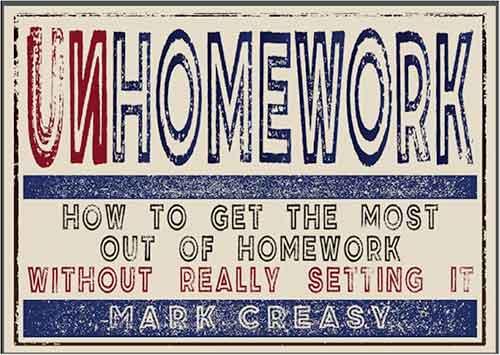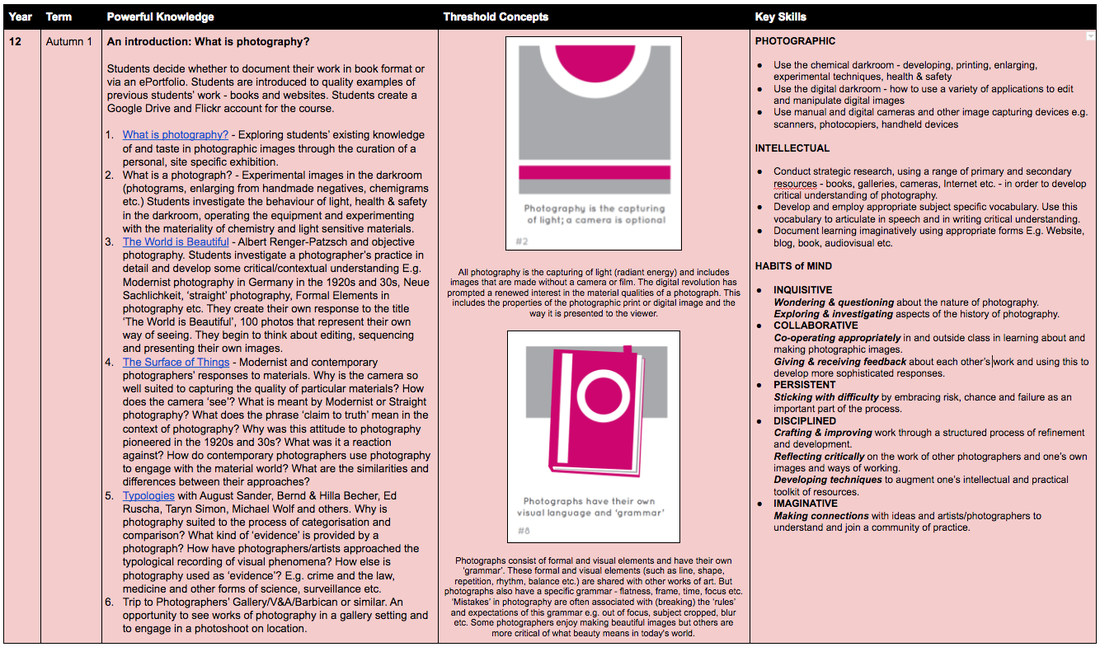However, given that all teachers have a statutory duty to set homework and the official policy of my school is that homework is a good thing, rather than stop completely, I've decided to shift the emphasis away from tasks related to the lesson activities and towards longer, project-based assignments that are tangential to the classroom curriculum.
To be honest, it's taken me a while to catch on to this in my own teaching. For a while my school has been using Extended Learning Enquiries at Key Stage 3 and I've seen some wonderful examples of projects completed by younger students across a range of subjects. As a father of three who vividly remembers the homework projects set by my kids' primary school (E.g. make a scale model of the Leaning Tower of Pisa), I do sometimes worry about the way complex project based home learning can:
a) cost a lot of money - stationery, equipment, materials etc.
b) involve the parent/carer more than is intended
c) take a lot more time than the teacher imagines
Longer, more complex projects can sometimes require a decent space to work and lots of study support, which not all students can rely on.
Fairly recently my school has changed its terminology. We now refer to home learning rather than homework. If the purpose of home learning is to provide students with an opportunity to do some deliberate, independent practice then I felt the need to move away from the weekly complete/incomplete paradigm towards something more engaging and including a greater degree of choice for the students.
One of my colleague's Action Research Report this year was entitled "If I develop a practice of #unhomework with my KS3 Design Technology classes will they become more inquisitive and disciplined?" Characteristically, she submitted her report in the form of a video which featured footage of her students and a presentation she gave at a local TeachMeet. In the 'report' she refers to Mark Creasy's book 'Unhomework'. She quotes the author:
No teacher can be reasonably expected to provide quality, differentiated feedback for their entire class - certainly not every week (and if they do, they need to get a reality check on what the children are learning).
-- Mark Creasy
Inspired by this research I decided to get rid of weekly homework tasks for my Year 9 GCSE photography students, replacing these with Extended Learning Enquiries. These would have the following characteristics:
- They would each last a half term (6-7 weeks on average)
- They would enhance whatever project was being studied in class but run in parallel with lessons no longer dependent on homework being completed each week
- They would contain a strong design thinking element with students' photographs being presented in a variety of different formats
- They would offer students plenty of choice in how they managed the projects
- Supporting resources would provide enough structure for less confident students but be open enough for those who wished to develop more sophisticated enquiries
- Be assessed in terms of the effort students dedicate to each project (using our Tallis Habits model)
I'd be really interested to learn how you approach the design, setting and marking of homework. What do you call it? How do you respond to those who don't do it or do it half-heartedly? How does your approach fit with the whole school policy? What innovations have you attempted? Do you have any great ideas to share with your photography teacher colleagues?
Feel free to leave comments below.




 RSS Feed
RSS Feed